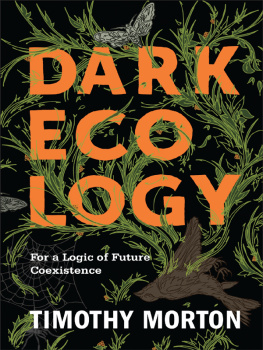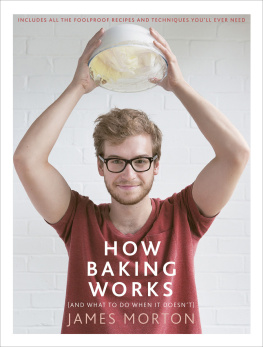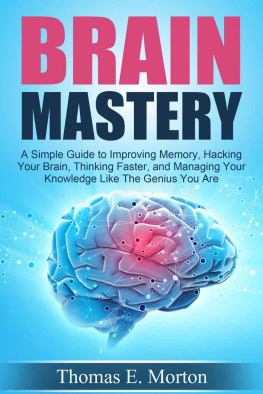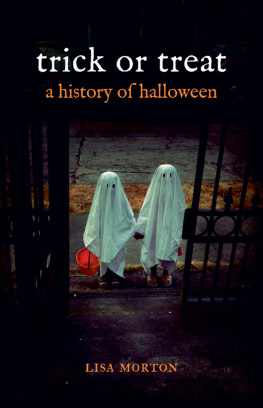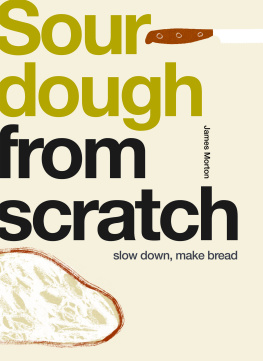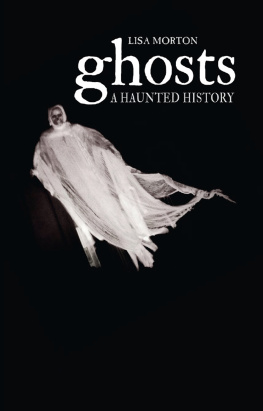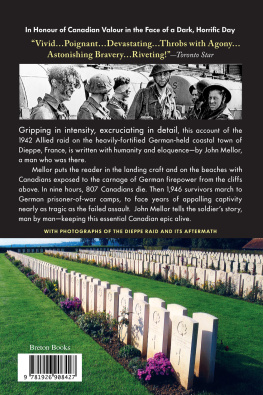Contents

Acknowledgements

In writing this book, I recognize many debts: to mentors like Colonel Charles Stacey, to Alec Douglas, Norman Hillmer, and Jean Pariseau of the Directorate of History, National Defence Headquarters, to Joe Levitt of the University of Ottawa, and to Bruce White, a colleague at Erindale College, University of Toronto, and above all to a constant collaborator and friend, Barbara Wilson of the Public Archives of Canada. The maps were prepared by Brandon Besharah and the illustrations were collected with very particular help from Steve Jaunszems, Jocelyn Smyth, Ken Macpherson, and Norman Hillmer. As ever, I owe much to the sound practical advice of Dr. Paul Eisner. Clara Stewart typed and improved the manuscript with unfailing cheer and wit. Bill Fox designed the book with a patient regard for detail. Kathie Hill fended off callers with her unique tact and my wife Jan mixed encouragement and reassurance. I owe even more than my readers to my editor, Elizabeth Munroe, for she has made the text more readable for all of us but only I know the blunders I have been spared. Those that remain are purely my fault. Perhaps the most long-suffering helpers have been students in successive classes of Canada and War, subjected to scores of contradictory theories, most of them disproved within the week. To them, in their successive scores, this book is dedicated.
Mississauga, March 17, 1985
Introduction

Since about 1815, Canadians have had to go abroad to fight. With trifling exceptionsthe Fenian raids and the U-boats in the St. Lawrence during the Second World War are the most conspicuouswar has not come to Canada.
The distinction is enormously significant. Canadians remember wars fought in France, Italy, or Korea, not in the Richelieu Valley or along the Niagara Peninsula. Canadians by 2000 had come to see war as an aberration beyond their control and, fortunately, beyond their shores. Efforts by politicians, police, the media, the military, and even academics since 9/11 to make Canadians feel as endangered as Americans have had a contrived look. Were we more threatened by al Qaeda or by our trading partner closing our common border?
War has shaped Canadians more than most of them realize. Without European conquest, there would be no Canada. Without wars that stretched over seventy years, the bulk of North America might well have remained a French and Spanish possession. The separate existence of Canada was determined by the American Revolutionary War and confirmed by the War of 1812.
These wars not only made modern Canada possible; they helped shape the myths and memories of a divided national identity. A century and a half of struggle gave the Canadiens their sense of destiny, their determination to survive, and their own sense of separation from the mother country that had abandoned them. It took wars in 1775 and again in 1812 to convince English-speaking Canadians to pursue a separate destiny in North America. Both wars forged a grudging but inevitable partnership of French and English.
The wars of the twentieth century may have left Canadas own frontiers intact but there is little within the country that remained untouched. War compelled Canadians to choose between the Empire and independence and, in due course, it forced Canada into a new and more troubled dependence on the United States. War was the catalyst for an explosive industrial expansion and for much of Canadas system of social security. Indeed, it is hard to find an institution, from the family to trade unionism, whose history was not transformed by either or both world wars.
A people largely removed from the direct impact of war may be tempted to suffuse the experience in a warm, nostalgic glow. War exacted a greater price than most Canadians realize. The hundred thousand who died in the wars of this century and the hundred thousand more who returned permanently maimed in mind or body were among the finest of their generation. Who knows what they might have contributed to Canada and to humanity? Ernest Renan wrote that nations are formed by the remembrance of great deeds done together. Canadians at war did great deeds but they did not do them together, and war left a heritage of bitter differences, only lightly buried by the passage of time. Conscription crises divided French and English but others also have nourished grim memories, from the Mtis defeated in 1885, to the Ukrainians and Japanese Canadians, interned because wars allowed old prejudices to be acted out.
Even the apparent achievements of war can be questioned in the light of hindsight. Canadians poured out lives and money in the conviction that the Great War would bring enduring peace; within a generation, their faith was mocked as an illusion. Even the great wartime industries, with their astonishing growth in output and sophistication, rarely led to enduring advances in productivity and innovation. On the contrary, we now suspect that that mushroom growth contributed to greater eventual dependence on foreign capital, management, and techniques.
More than most people, Canadians have distanced themselves from thoughts of war. On the whole, they have no affection for militarism or a military cast of mind. A persistent mythology has persuaded Canadians that an innate gift for war, whether demonstrated by the militia at Queenston Heights or by prairie-bred sailors escorting North Atlantic convoys, spares them the burdens of peacetime preparation.
Canadas attitude to war rests on more than innocent illusion; it is a product of historical experience. Unless this experience is understood, neither would-be defenders nor disarmers will ever understand the Canadian response to their respective programmes. How far have Canadian attitudes been shaped by our perennial role as dependent military allies? How could a coherent defence policy emerge in a century when Canada was simultaneously indefensible and invulnerable? Was it surprising that conscription for overseas service should provoke protest when fighting and even military service had so long been a matter of personal choice?
Most important of all these historical memories was Canadas status as a junior and often colonial ally. The key strategic decisions were made at Versailles, in Whitehall, and, latterly, in the Pentagon. As early as the native-born Marquis de Vaudreuil, governor at the conquest of Quebec, Canadians might argue different priorities but they could do so only as minor partners, even in their own defence. Without military support from the imperial protector, Canadians would have been almost helpless in their own defence. Yet the suspicion persists that the threats themselves increased because of the major partners other commitments. Was New France lost because of the strategic needs of the Bourbon alliance? Could Canada have been pitched into a hopeless war with the United States in 1895 because of an Anglo-Venezuelan dispute over the border of British Guiana? Was she at war in 1914 and 1939 because of British policies in Europe?
The benefit of alliances is that they permit each partner to do less than might be necessary for nations on their own. This is also the greatest weakness of alliances. Self-interest remains the rule of nationhood. When, for example, in the Great War, Sir Robert Borden ignored that rule in his commitment to the higher cause of allied victory, the conscription crisis of 1917 was among the consequences. Bordens successors absorbed the lesson.
Next page

